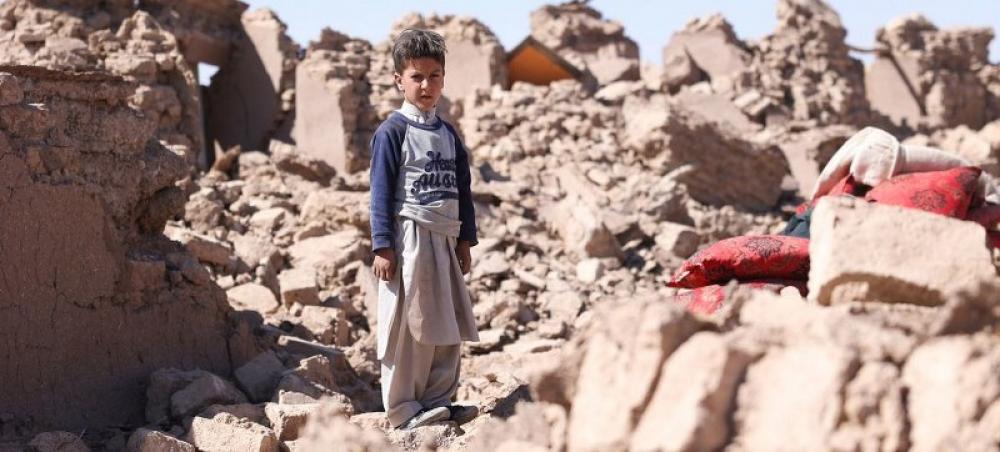Just Earth News | @@justearthnews | 29 Jun 2017, 02:42 am Print
wikipedia commons
The Integrated Safety Assessment for Research Reactors (INSARR) team concluded a five-day mission on 23 June to assess the safety of the JM-1 (SLOWPOKE II type) reactor, which was originally commissioned in 1984. The 20 kW reactor is operated by the International Centre for Environment and Nuclear Sciences (ICENS) at the Mona campus, University of West Indies, in the capital Kingston, primarily for neutron activation analysis, education and training.
In 2015, the reactor’s core was converted from HEU to LEU fuel in a joint effort by the Governments of Jamaica, the United States and Canada, with assistance from the IAEA. The core conversion was part of global efforts, supported by the IAEA, to eliminate the proliferation risks associated with HEU, while maintaining important scientific research. The reactor started operating again the same year. Currently, its instrumentation and control system is being upgraded with support from the IAEA’s Technical Cooperation Programme to further enhance operational safety.
“The research reactor’s operator is showing high commitment to safety and has made good progress in implementing the IAEA recommendations on the safety of the reactor core conversion,” said team leader Deshraju Venkat H. Rao, Nuclear Safety Officer at the IAEA. “There is a need for further improvements, however, particularly in areas related to organizational factors, safety documentation, and operational safety, including the maintenance programme, and operating instructions.”
The five-member team comprised experts from Canada, Italy, Romania and the United States, as well as an IAEA official. The mission covered organizational and management issues as well as technical areas including the core conversion, safety assessment, operation and maintenance programmes, radiation protection, and emergency preparedness. The team visited the reactor and associated facilities, and met with ICENS officials.
The experts noted the safe and successful core conversion and subsequent commissioning and resumption of operations of the research reactor. They also observed improvements in fire safety and radiation exposure protection.
"We appreciate the continued support of the IAEA, which was central to the safe core conversion activities. The INSARR mission has recommended organizational and technical measures to further strengthen safety of the JM-1 research reactor” ICENS Director General Charles Grant said. “We are committed to implementing the recommendations. The reactor’s continued safe operation will enhance its utilization and support research not only in Jamaica, but in the entire Caribbean region.”
The mission made several recommendations for improvements to ICENS, including:
Establishing a safety committee to independently advise senior ICENS management on reactor operational safety;
Finalizing an integrated management system that continuously develops and maintains a strong safety culture;
Implementing the safety upgrade of the instrumentation and control system;
Developing a preliminary decommissioning plan for the reactor;
Completing the revision of reactor safety documents and operational safety programmes to reflect the results of the commissioning of the reactor after the core conversion and to ensure continued safety improvements.
The management of the reactor said it will request a follow-up INSARR mission in 2018-19.
- Hurricane Mellisa makes landfall in Jamaica, heading towards Cuba
- Hurricane Melissa: US Air Force flies into eye of storm, video goes viral
- Indi Setu: Wildlife on the Brink: Can We Rewild a Warming World?
- Decade of slowing deforestation offers hope for forests, shows FAO data
- UN weather agency warns world witnessed record rise in carbon dioxide levels in 2024






